Unified Payments Interface (UPI) has been a game-changer in India's payment ecosystem, transforming the way people transact in the country. The Narendra Modi government has been at the forefront of promoting digital payments and encouraging people to move towards a cashless economy. Taking it further, the Indian government recently announced a partnership with Singapore to link UPI and PayNow, Singapore's digital payment system, which allows cross-border payments between the two countries. This is anticipated to revolutionise the world of payments.
The linking of UPI and PayNow will enable Indian and Singaporean businesses and individuals to transfer money instantly and securely across borders without intermediaries or expensive remittance fees. This collaboration will boost trade and investment between the two countries and open new avenues for economic cooperation and strengthen ties between India and Singapore. Singapore is among India's largest trade and investment partners in ASEAN and accounted for 27.3 % of our overall trade with ASEAN in 2021-22, with bilateral trade between the two countries reaching $30 billion in 2022. Businesses in both nations will be able to interact more easily and effectively with the integration of UPI and PayNow, possibly increasing trade and investment flows.
Unified Payments Interface (UPI) is a revolutionary payment mechanism introduced by the Government of India in 2016, which allows users to transfer money instantly between bank accounts via their mobile phones. It has revolutionized the way Indians transact, making it more convenient, efficient, and secure. Since its launch, UPI has emerged as the most popular payment system in India as huge as having over $150 billion worth of transactions in January 2023 alone and an average of 2,348 UPI transactions per second!
The user-friendly interface of UPI that allows users to transfer money instantly without any hassle, operations on a 24/7 basis, always making it accessible to users, has made it a success story of India. The UPI has also passed the test of time in aspects of security and data protection. End-to-end encryptions and multi-factor authentication have also silenced critics in the West who have long questioned India's commitment to secure and private personal data.
The Narendra Modi government has been instrumental in promoting digital payments and encouraging people to move away from cash-based transactions. The government’s initiatives to promote UPI and other digital payment methods in India, such as the introduction of BHIM (Bharat Interface for Money) app, which is a UPI-based digital payment app, recently launched e-rupee and campaigns like Digital India and Jan Dhan Yojana to promote digital payments and financial inclusion have been far-reaching.
DBT (Direct Bank Transfer) scheme on the premise of UPI and digital payments has startled the globe in terms of the policy. India has made over $334 billion worth of direct transfers to citizens in a span of nine years mostly through digital payments, which is unimaginable for any welfare state around the world. This growth is driven by the adoption of UPI and other digital payment methods, which has enabled people who previously had limited access to banking services to participate in the digital economy.
The integration of UPI and PayNow is revolutionary for the global payments sector. It demonstrates the potential of UPI to become a global payment platform and sets a precedent for other countries to follow. As UPI continues to grow and evolve, it has the potential to become a standard payment method for businesses and individuals around the world. This would be a new path shown by India positioning us as a global financial leader. This new agreement is a wise policy decision that demonstrates India's commitment to promoting international trade and investment.
The partnership between India and Singapore is also expected to create new opportunities for businesses in both countries. Indian businesses will be able to expand their reach into Singapore and tap into the city-state's vibrant business ecosystem, while Singaporean businesses will also have the advantage to access the fast-growing Indian market. This partnership will also benefit individuals, particularly those who are working or studying in the two countries, as they will be able to transfer money easily and securely across borders.
In conclusion, the UPI mechanism has been a success story in India, and it has several perks that have made it a popular payment method amongst the largest user base of the world. The Narendra Modi government has played a crucial role in promoting UPI and digital payments in India, and the recent linking of UPI and PayNow with Singapore is a positive development that will boost trade and investment between the two countries. It is an exciting time for UPI and digital payments, and the world is watching India's progress with interest.
The writer is currently a Student of Public Policy, at University College London.







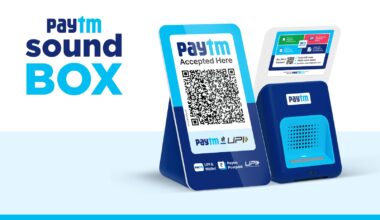
 OpinionExpress.In
OpinionExpress.In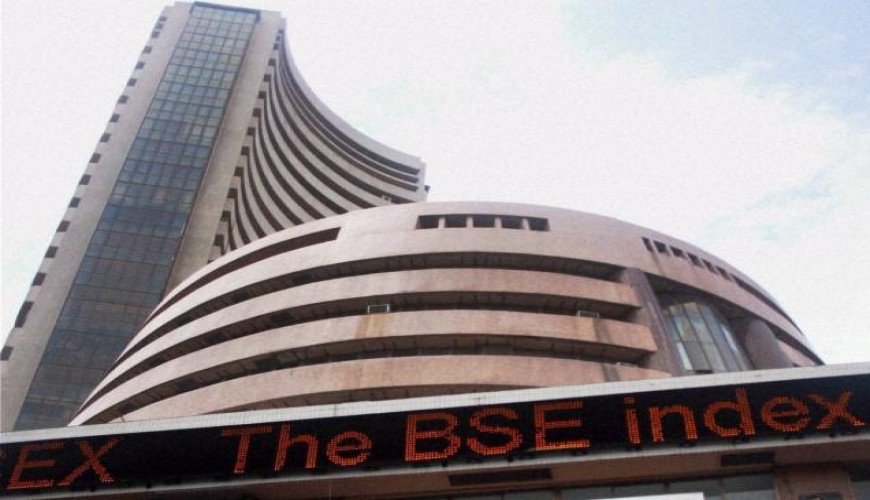
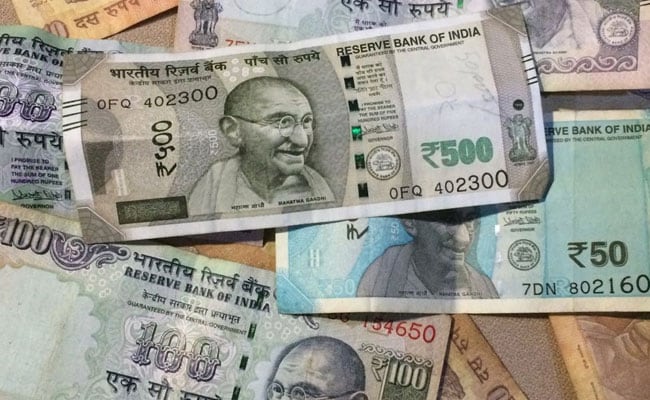



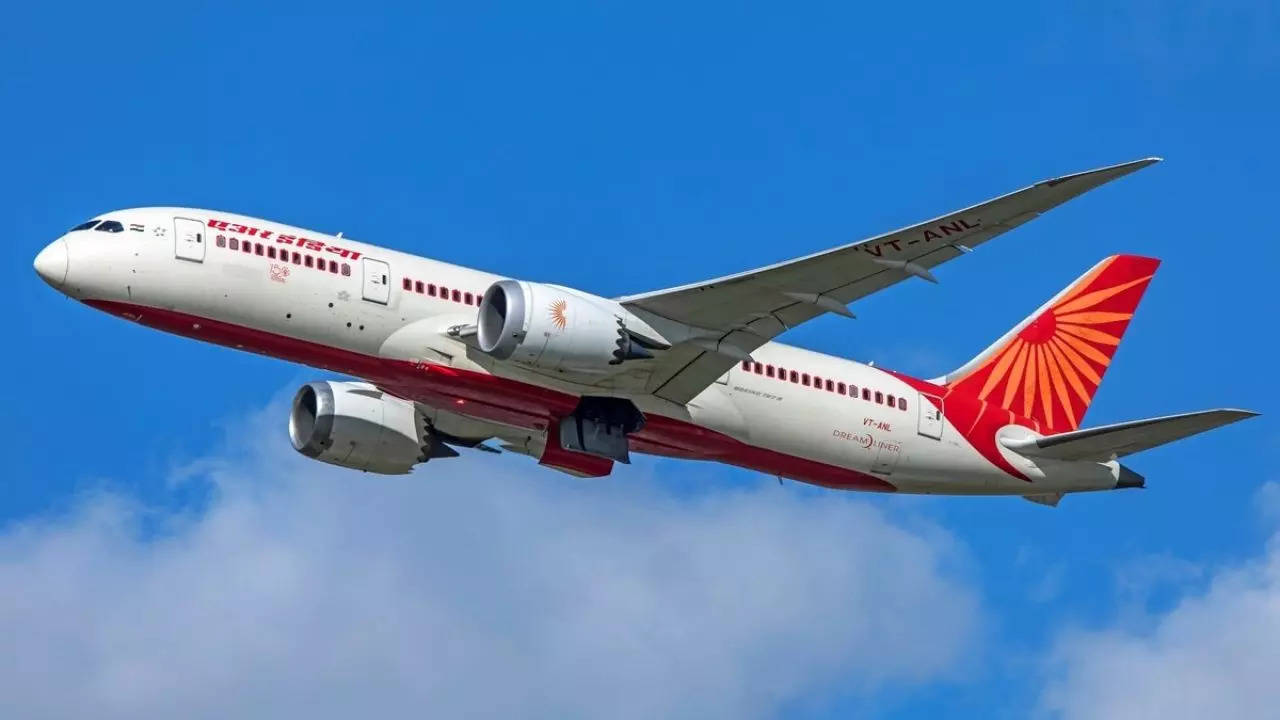
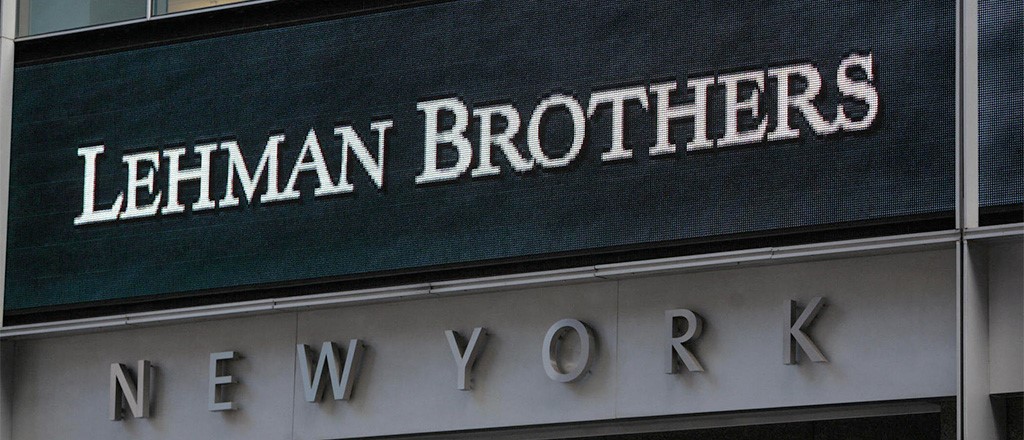
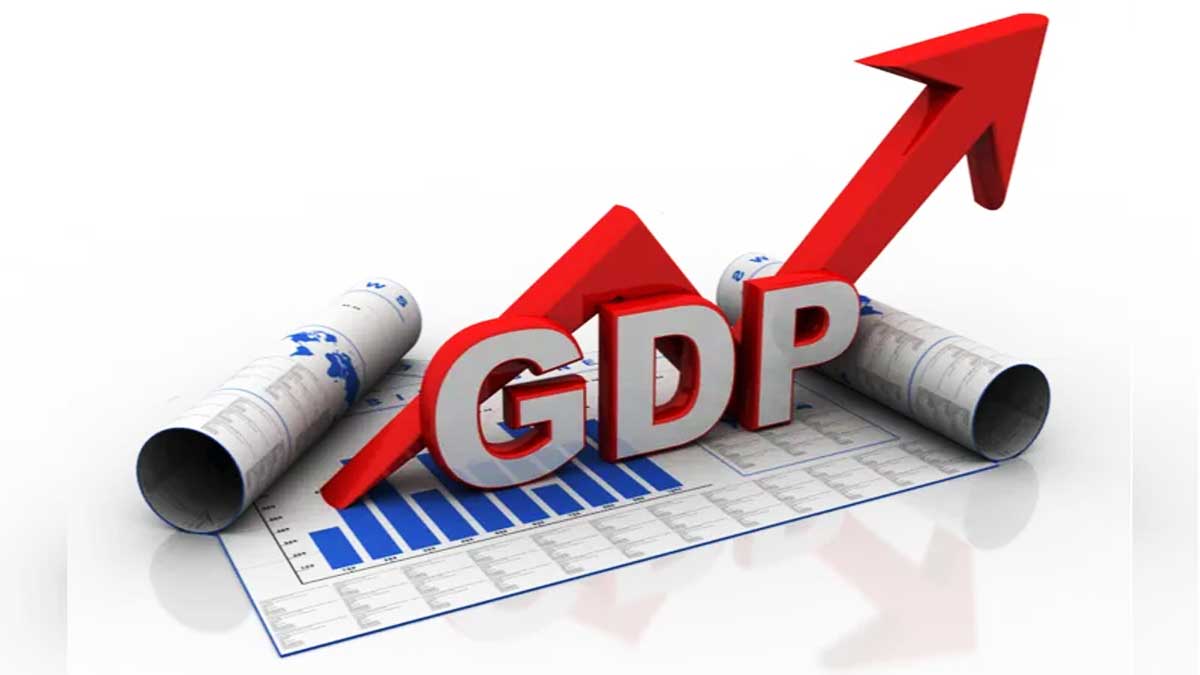








Comments (0)